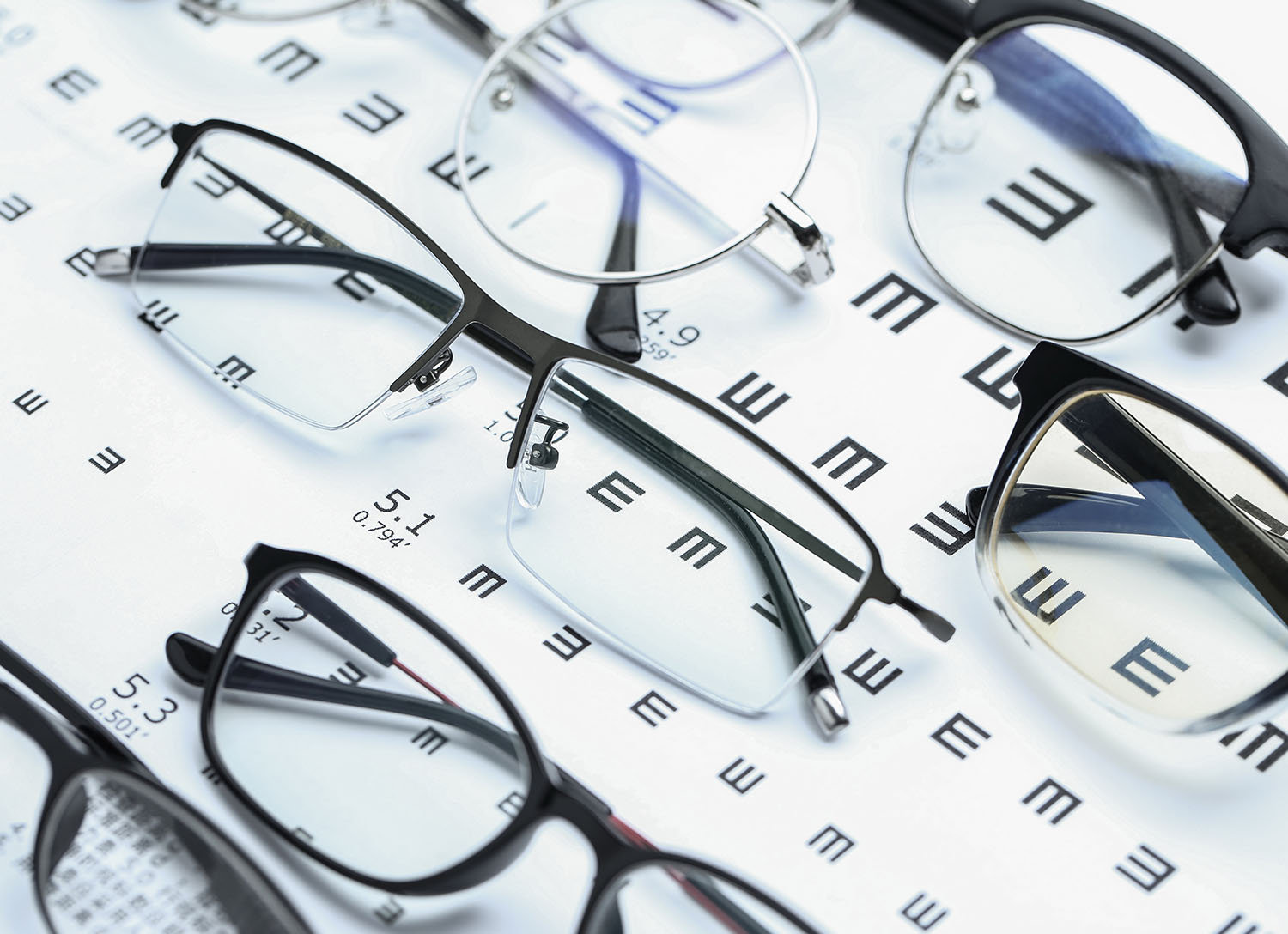
When do I need to wear glasses?
Broadly speaking, there are four reasons why you may need to wear glasses
- When recommended for medical reasons, usually by an optometrist or ophthalmologist.
- For cosmetic reasons – this is typically less a case of need and more of seeing glasses as a fashion accessory but there may be exceptions;
- As protection against bright lights and UV. In other words, sunglasses;
- For safety reasons. This usually means when working with tools or dangerous liquids etc.
It’s worth noting that a single pair of glasses might, in some situations, provide benefits under all four categories above.
However, for the sake of brevity, in this article, we won’t be discussing category 4 any further. Those usages tend to be associated primarily with more specialized DIY or industrial functions.
Medical glasses
A qualified medical professional, usually one specializing in conditions of the eye, might advise that you wear glasses with what are called “corrective lenses”.
That is usually to help your vision to compensate for one form of problem or another originating in your eyes. There are a large number of such conditions leading to an even larger number of potentially undesirable effects. A selection might include:
- near-sightedness (myopia);
- long-sightedness (hypermetropia);
- astigmatism (a slightly distorted eye shape leading to possibly blurred vision).
Occasionally, glasses may be recommended for medical conditions which are not, strictly speaking, eye conditions. That might include things such as special lenses to reduce blue light penetration to help sufferers of migraine.
It is always a good idea to have fairly regular eye tests, even if you believe your eyesight to be fine. This will not only keep your mind at ease but also ensure that developing conditions which might be initially asymptomatic, such as glaucoma, can be picked up and treated at the earliest stages.
If an eye condition is diagnosed and is treatable via corrective lenses, your medical specialist may write a prescription accordingly. Sometimes a physician or other specialist may work together with an ophthalmologist to identify the required lenses.
Here at Eyetician, we have an unrivaled selection of designer eyeglasses. Vancouver or elsewhere, customers can browse at their leisure online.
Cosmetic glasses
Some people choose to wear non-corrective lens glasses for what are largely cosmetic purposes.
This might sometimes be done to hide unsightly scarring around the eyes or more commonly, to achieve a certain ‘look’ or fashion statement. For example, some studies have shown that certain people sub-consciously perceive those wearing glasses to be somehow “smart” or academic. It has been known for candidates at interview to wear clear non-corrective lens glasses for such effect.
Some caution must be exercised here as looking through clear glass lenses for extended periods may induce eye-strain so may not be recommended.
If you plan to purchase designer eyeglasses, Vancouver or in other places, we at Eyetician are available for online contact and advice.
Bright light and UV protection
The practice of trying to protect your eyes from lengthy exposure to direct sunlight has existed for centuries in many societies. Various techniques were used including more recently, darkened lenses worn as spectacles.
The obvious reason for doing so is to prevent headaches, eye exhaustion, and the need to squint to reduce the amount of bright light entering your eyes.
However, over more recent decades scientists have realized that this is only one part of what should be a much broader objective – that of preventing eye damage. They have also discovered that not just any tinted lens will do.
This requires a brief explanation of ultraviolet light (UV) and its effects on the human eye:
- UV light comes into 3 wavelengths, A, B, and C;
- UVC is mainly absorbed by the upper atmosphere;
- UVA rays can pass through the eyes’ outer layers and damage the cornea etc;
- UVB rays cannot penetrate deeply into the eye but can affect the outer layers.
It’s also the case that UV light can be an issue even on cloudy days. Most eye specialists now recommend protecting your eyes from the harmful effects of UV by wearing sunglasses normally when outdoors.
Note that the darkness of the lens does not, in itself, give an indication of the protection factor. Ideally, you should seek sunglasses that are confirmed to offer 100% UV protection for both A and B frequencies.
The cost of such protection is typically small and the prices of sunglasses tend to vary based upon the overall quality of the lens and things such as its clarity, not whether it offers full UV protection.
We will be only too pleased to offer further advice on this subject through our online site eyetician.ca.
